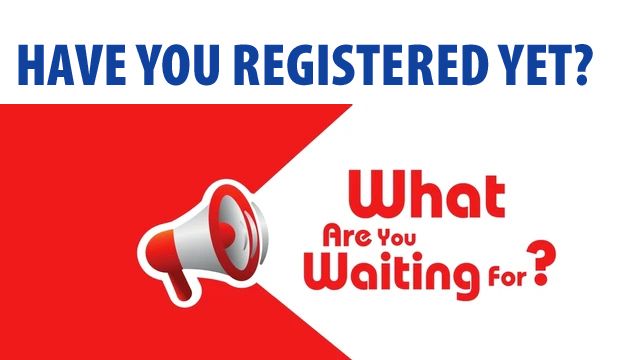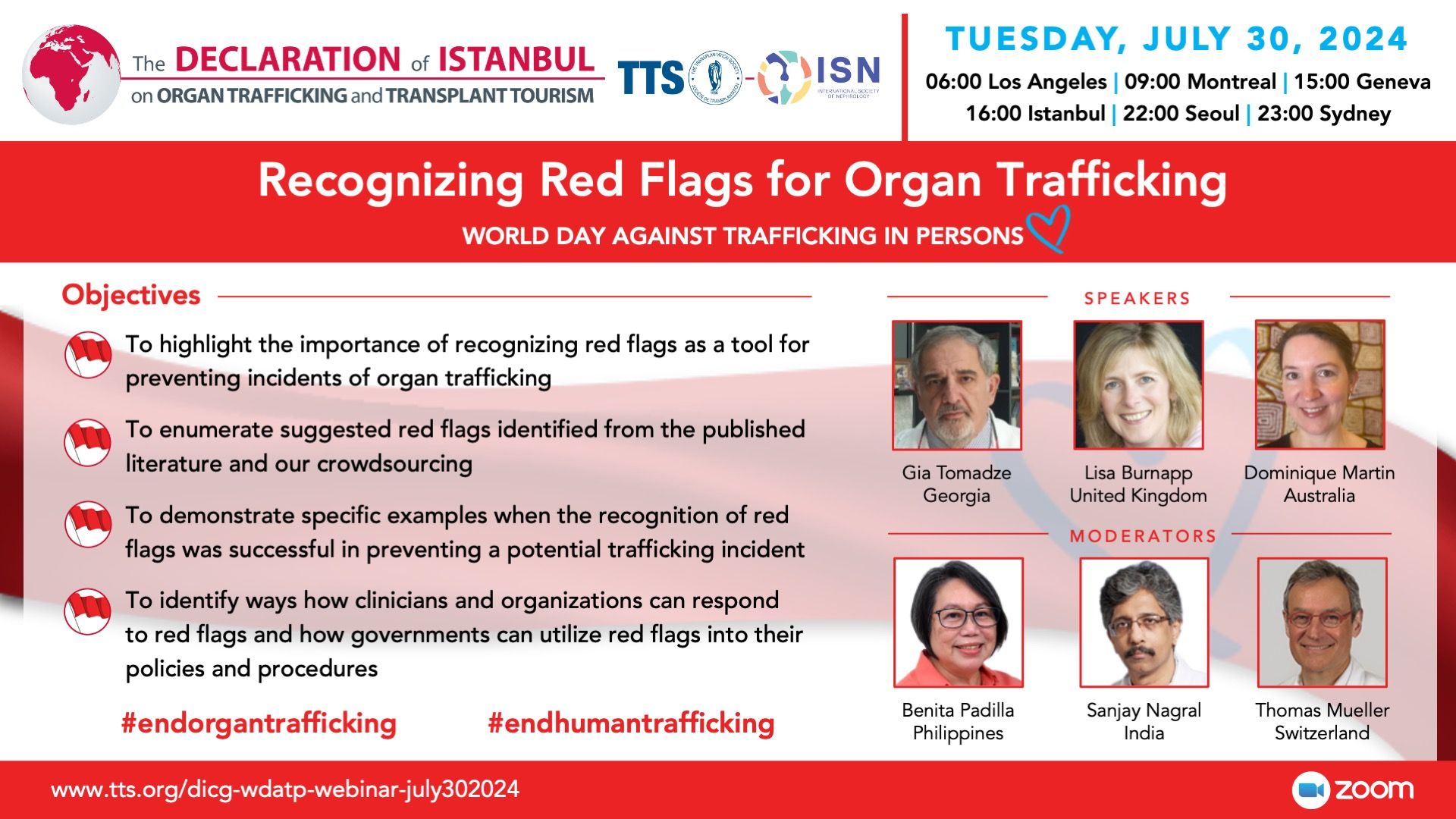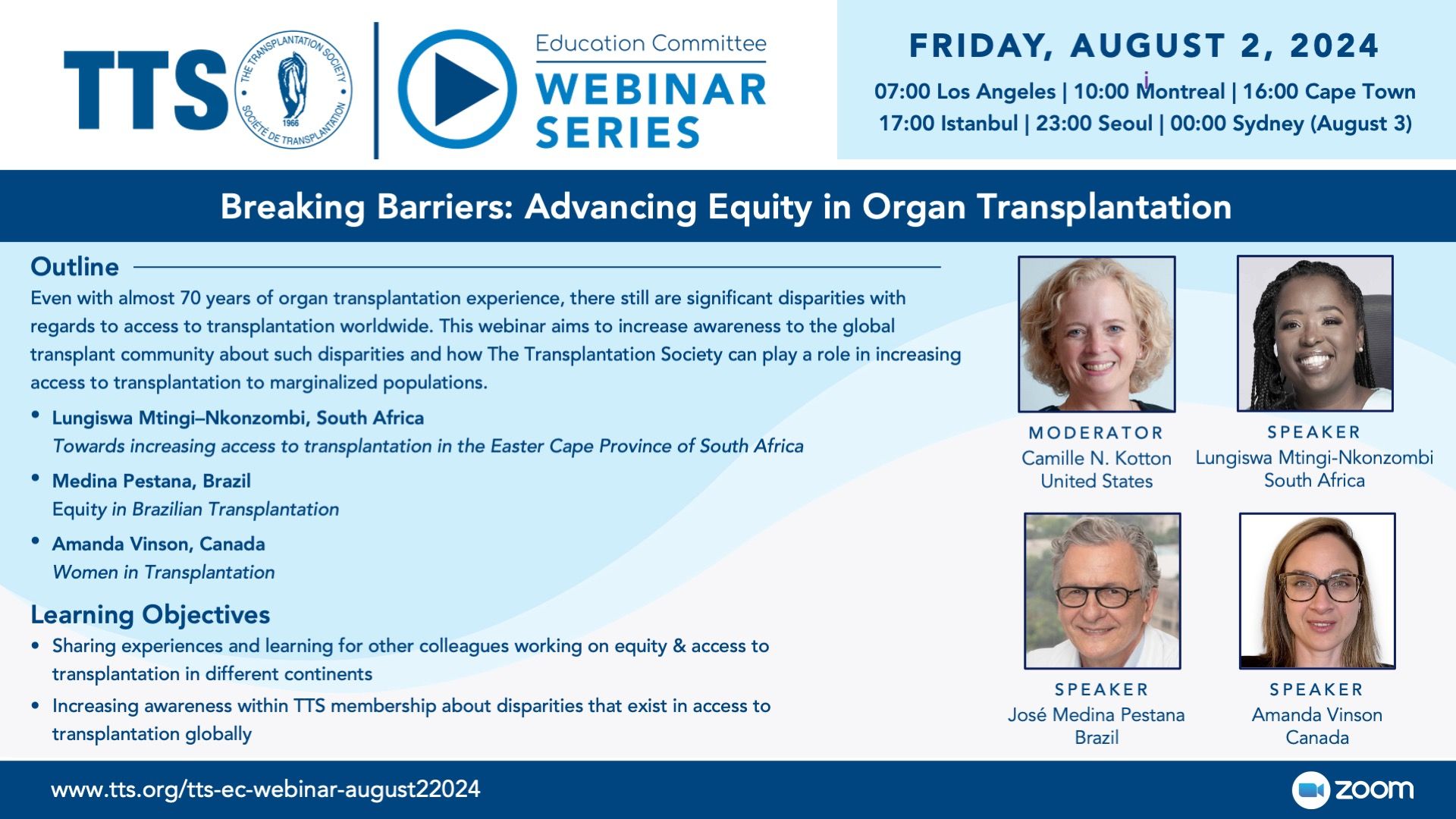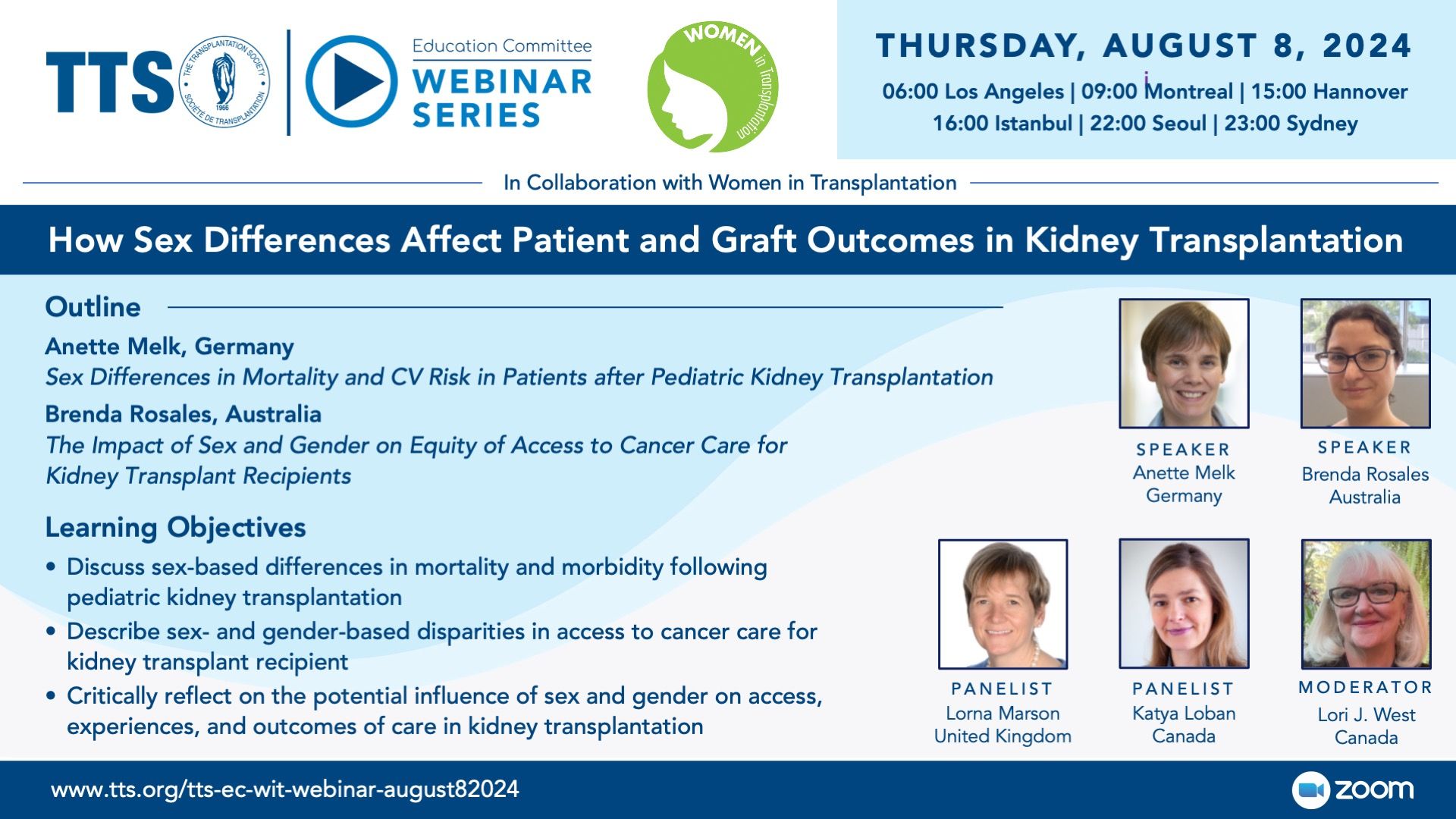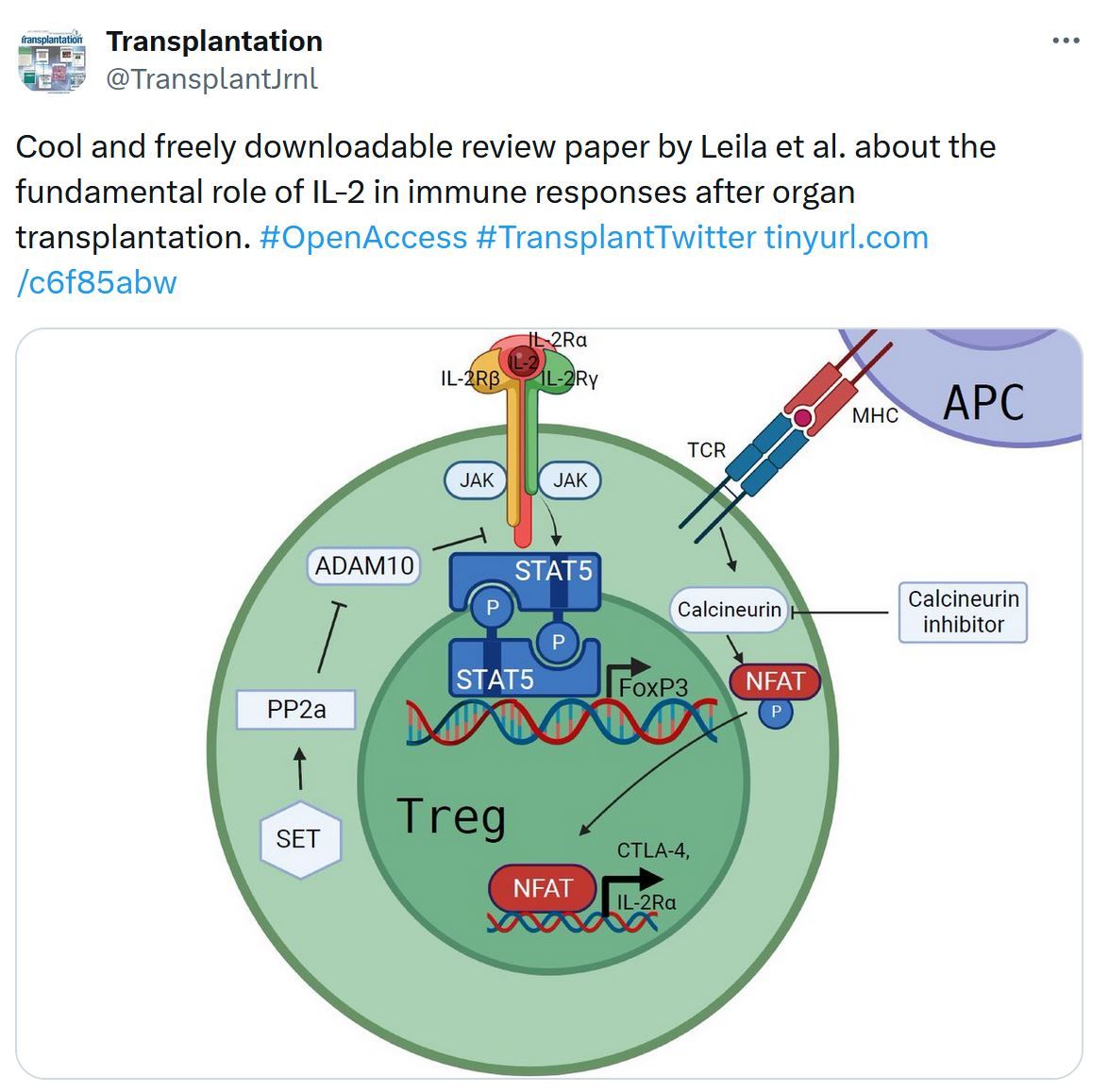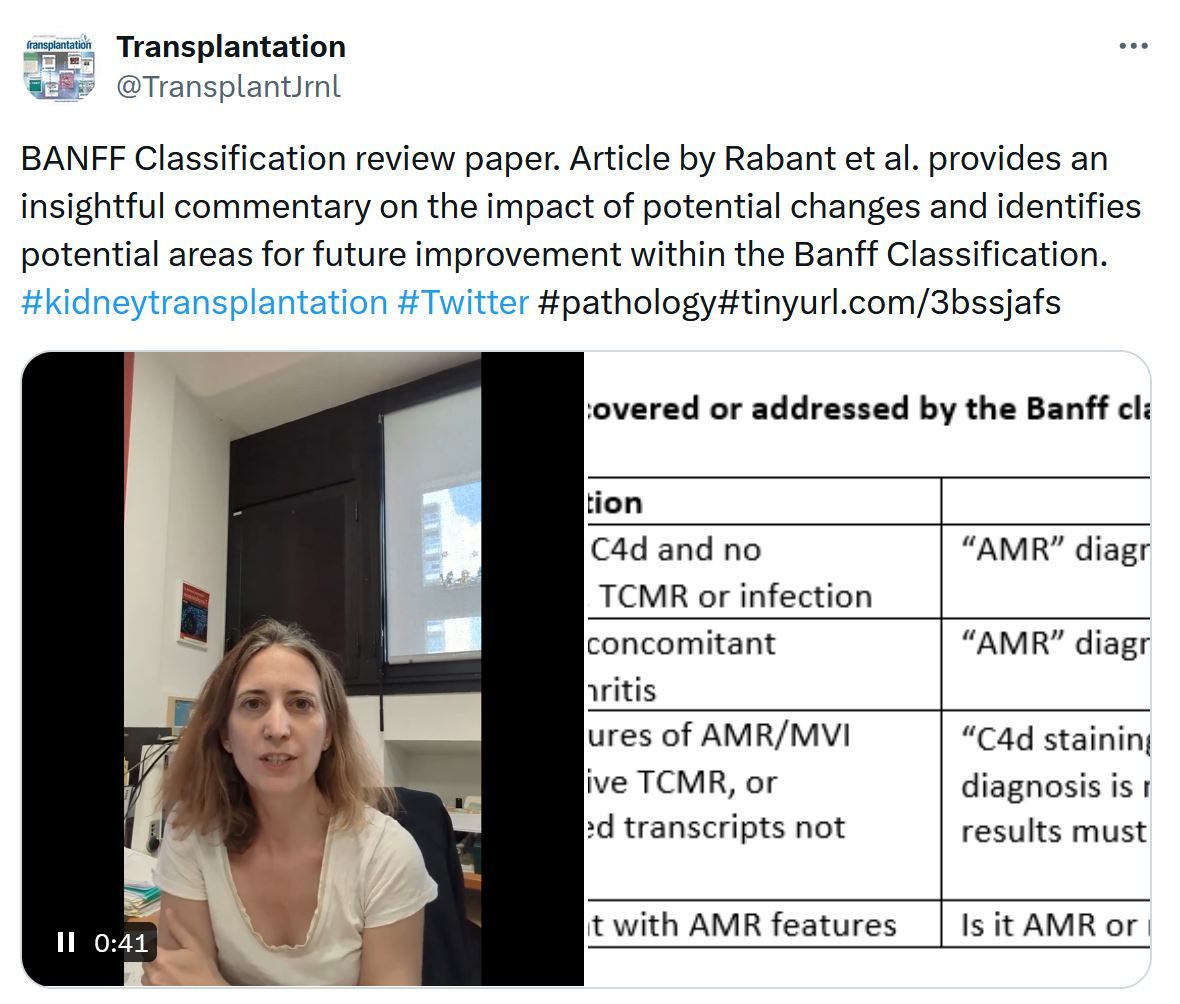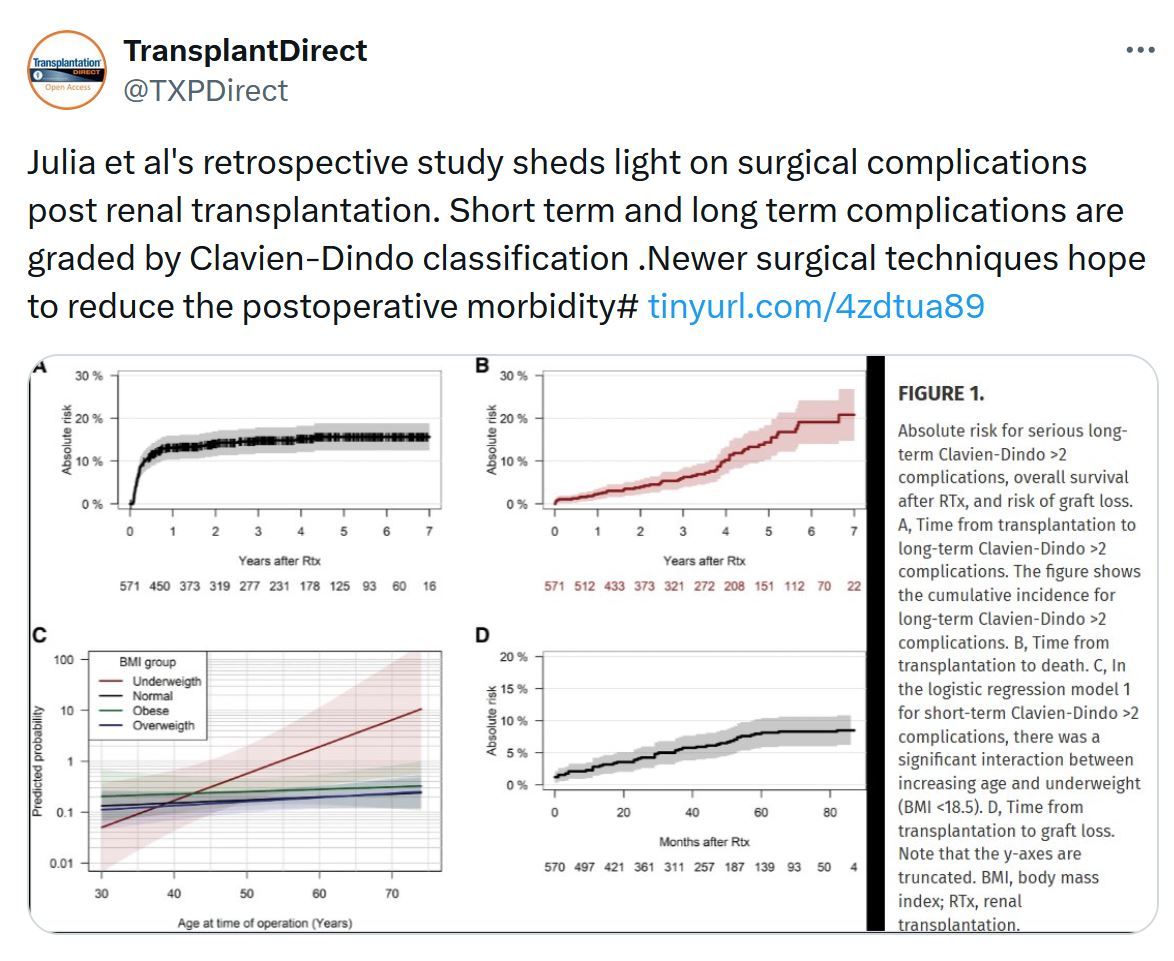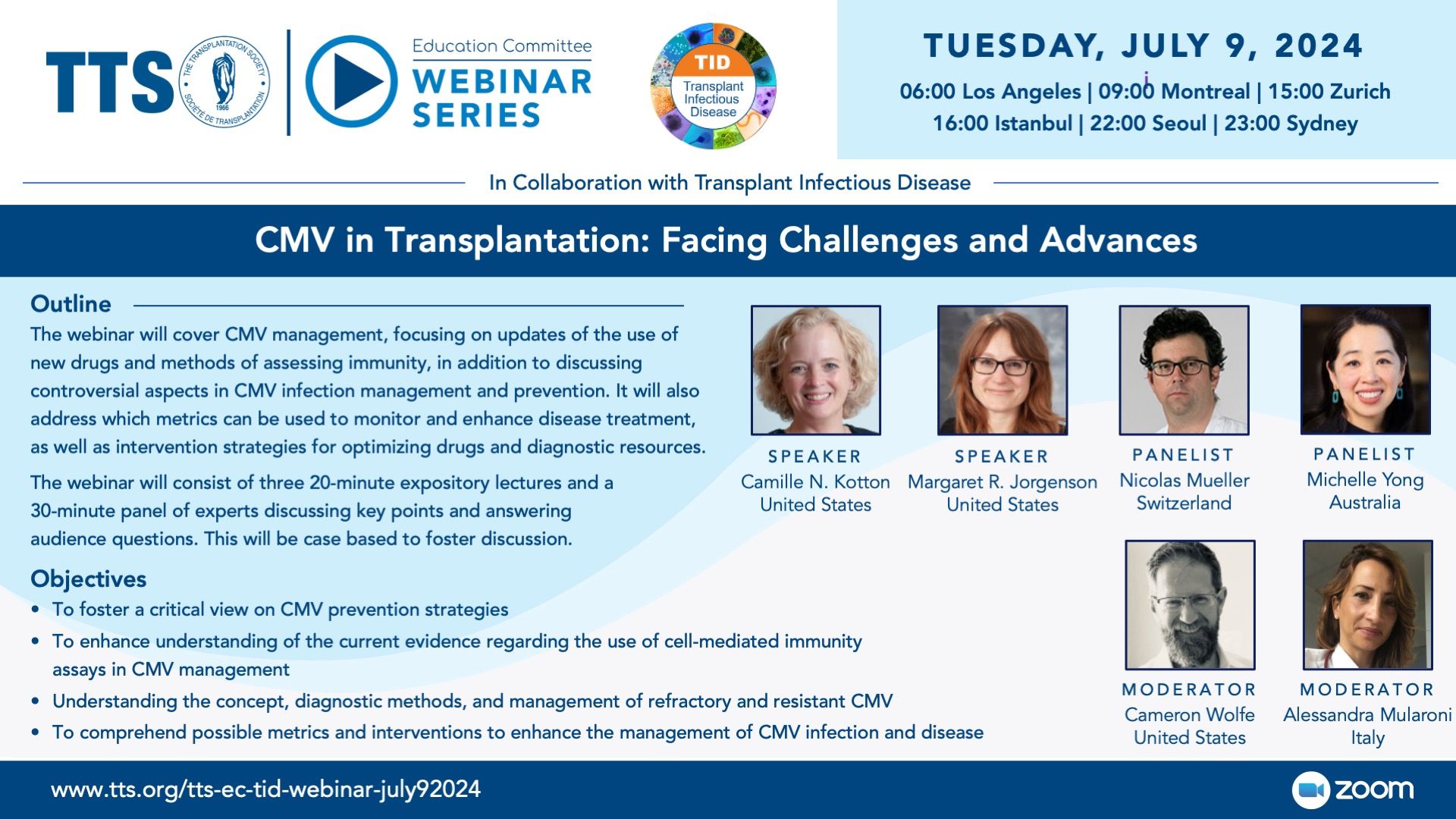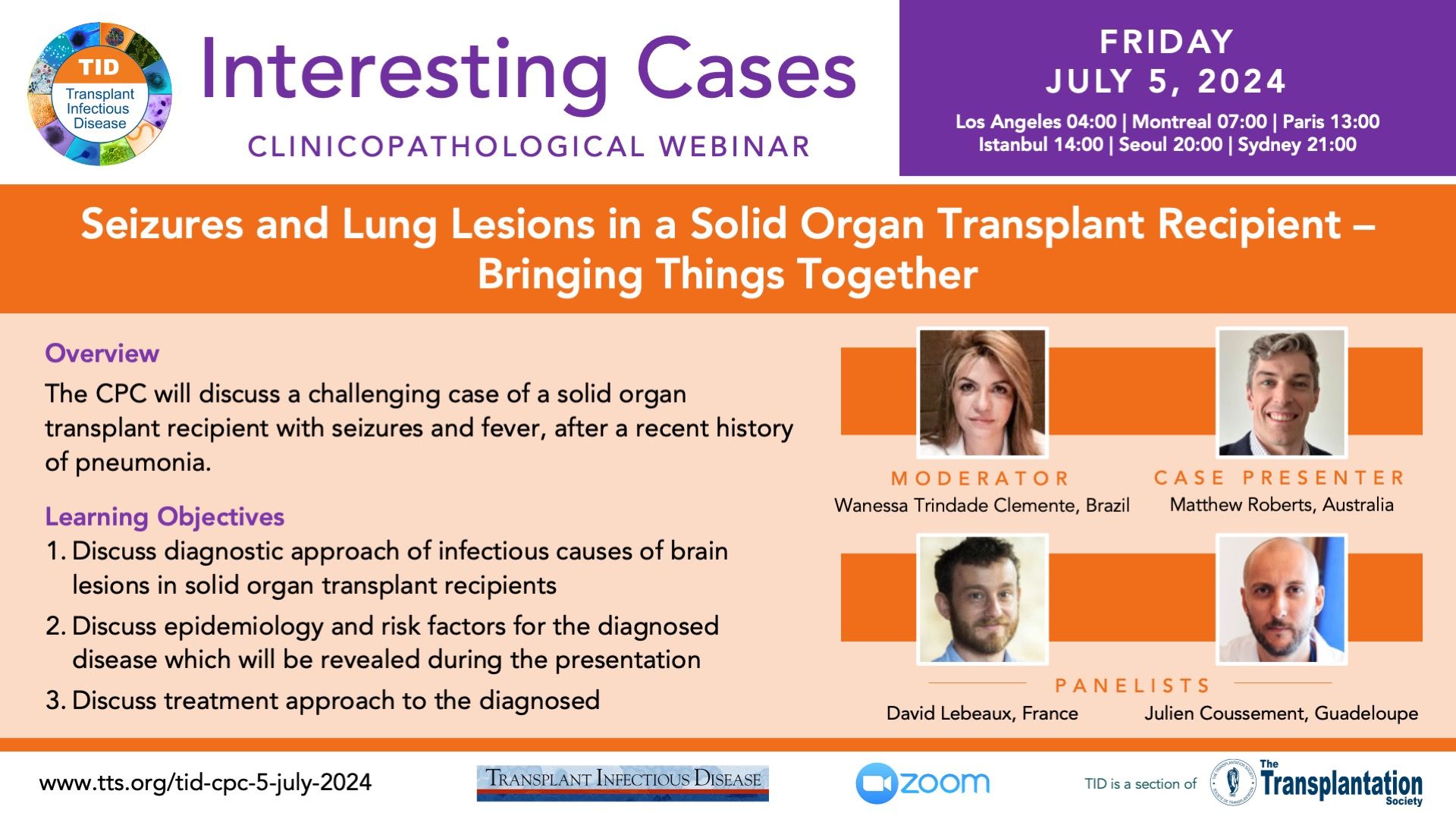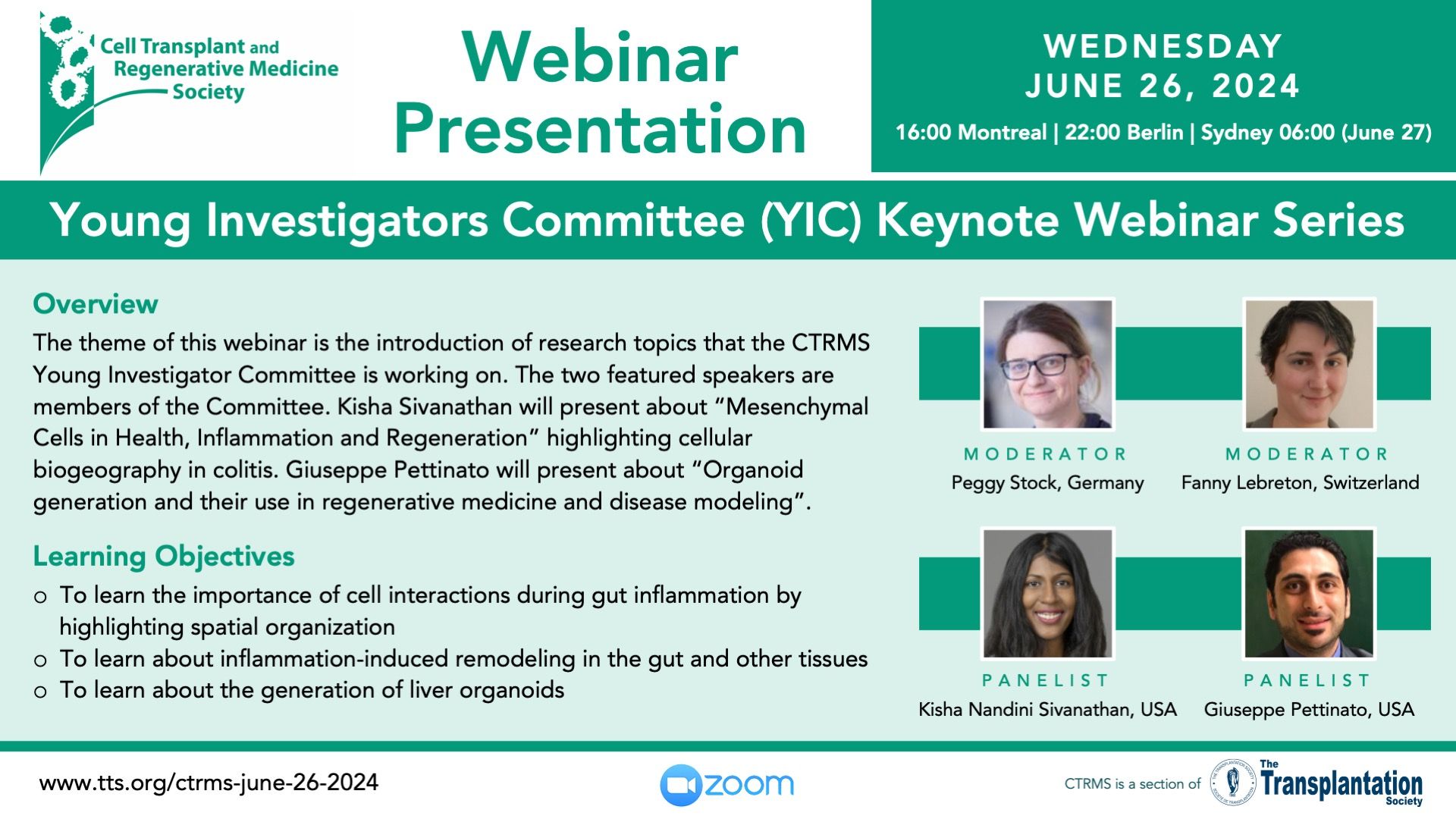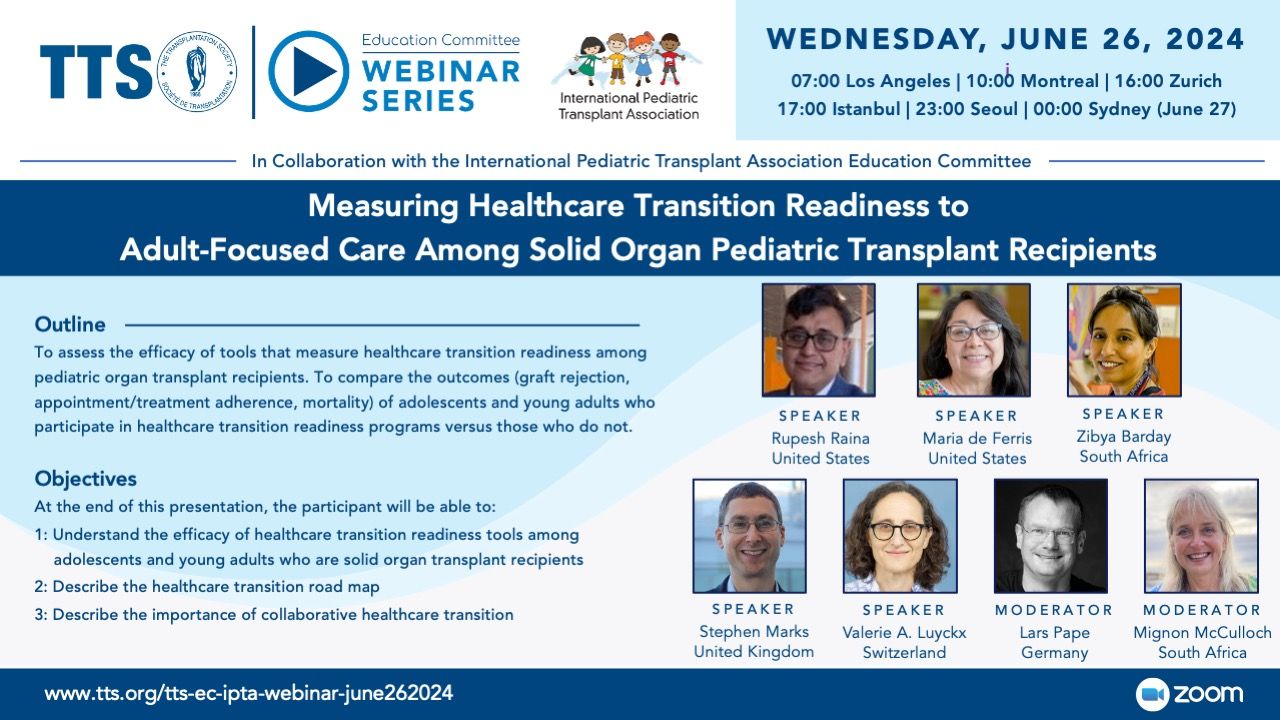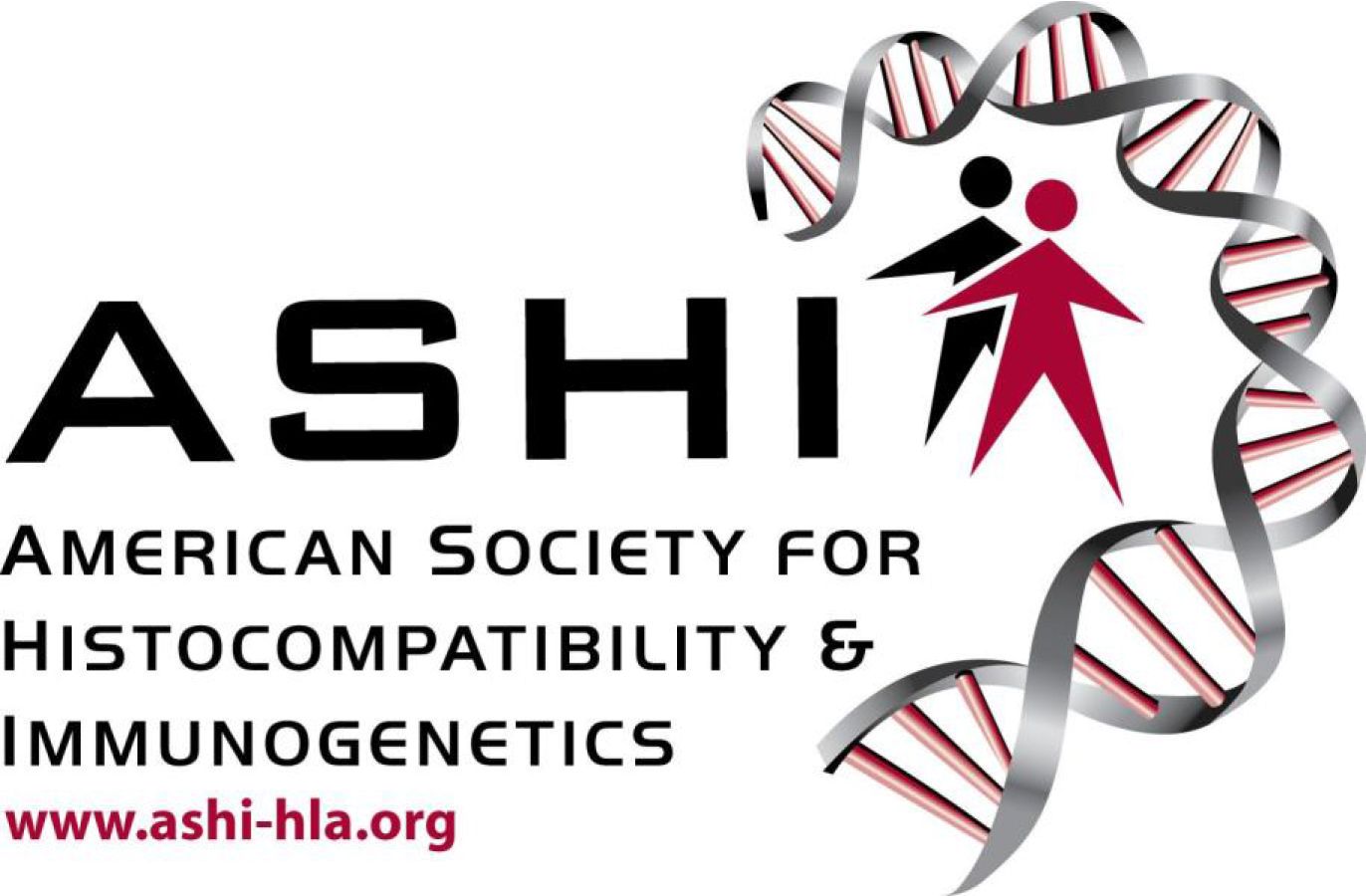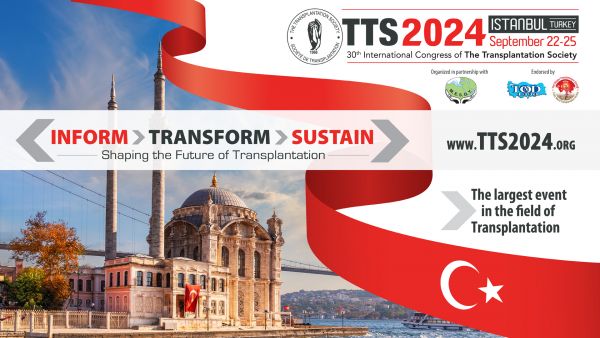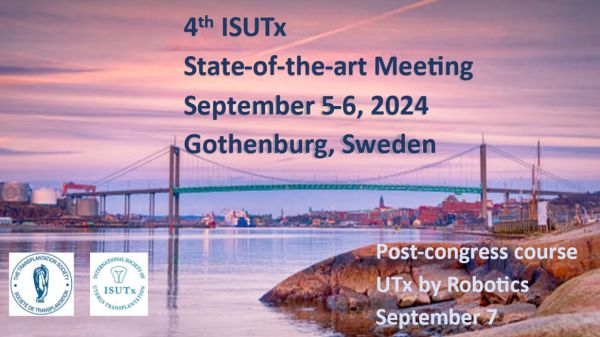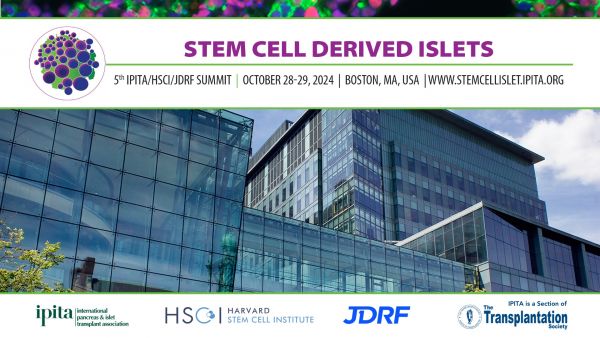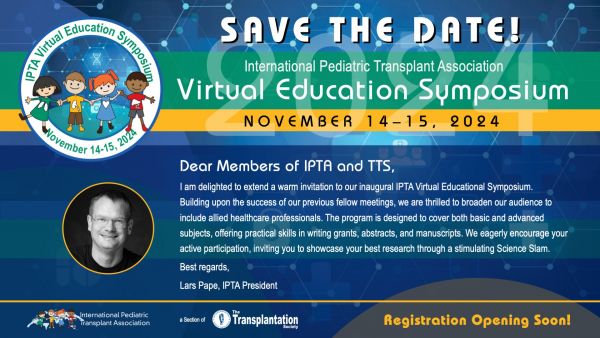
TTS 2024 By-Election Results for Vice President
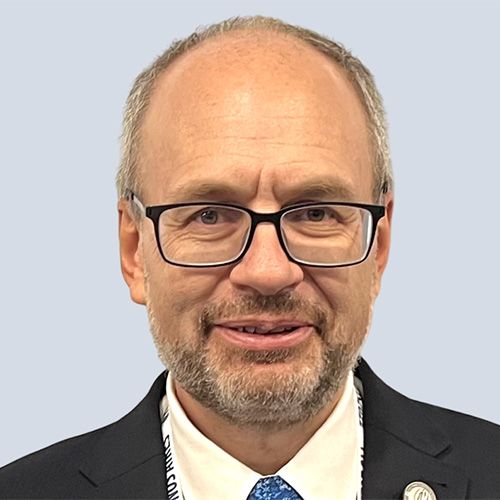
Gabriel Gondolesi
Gabriel Gondolesi, Argentina
Prof. Gabriel E. Gondolesi, MD, MAAC, FACS, was born in Tandil on 6/11/1968. Graduated from UNLP. Surgical Resident in La Plata. Fellow in Liver Transplantation (LT) at the Favaloro Foundation - FF (1997-1999), and in Multiorgan Transplantation at Mount Sinai Hospital in New York (1999-2001). Associate Professor in LT and Chief of Intestinal Transplantation (2001-2005). In 2006, he returned to FF; performed the first adult and pediatric intestinal transplants, the first Hepato-Pulmonary transplant, and the first LT with LD for colon cancer metastasis successfully in Argentina; the first Liver-Intestinal transplant, the first Domino + Split LT in LatAm, and the first LT with grafts from two living donors (LD) in the Americas. Health Researcher at CONICET. Author of 160 publications, director of 7 theses. Doctor Honoris Causa from the Universidad San Francisco Javier de Chuquisaca (2012). Received 20 national and international awards. Served as Chairman of the 2015 ISBTS and CO-Chairman of TTS2022, Past-President of IRTA, Senior treasurer of TTS, Member of the WHO Donation and Transplantation Working Group. Winner of the Konex Award in Surgery 2023.
TTS 2024 Update

Don't miss out on this unique opportunity to learn, share, and connect with the global transplantation community. See you at TTS 2024!
New Workshops!
Upcoming Webinar Presentations
In Case You Missed It…Recent Recordings
ASHI Research Grants
American Society for Histocompatibility & Immunigenetics Scientific Awards
APPLICATION DEADLINE: AUGUST 1, 2024
EARLY CAREER INVESTIGATOR AWARD
INNOVATION SCHOLARSHIP AWARDS
MICHAEL SCHMIEDERER RESEARCH SUPPORT AWARD
Contact
Address
The Transplantation Society
International Headquarters
740 Notre-Dame Ouest
Suite 1245
Montréal, QC, H3C 3X6
Canada
Используйте Вавада казино для игры с бонусом — активируйте промокод и начните выигрывать уже сегодня!

